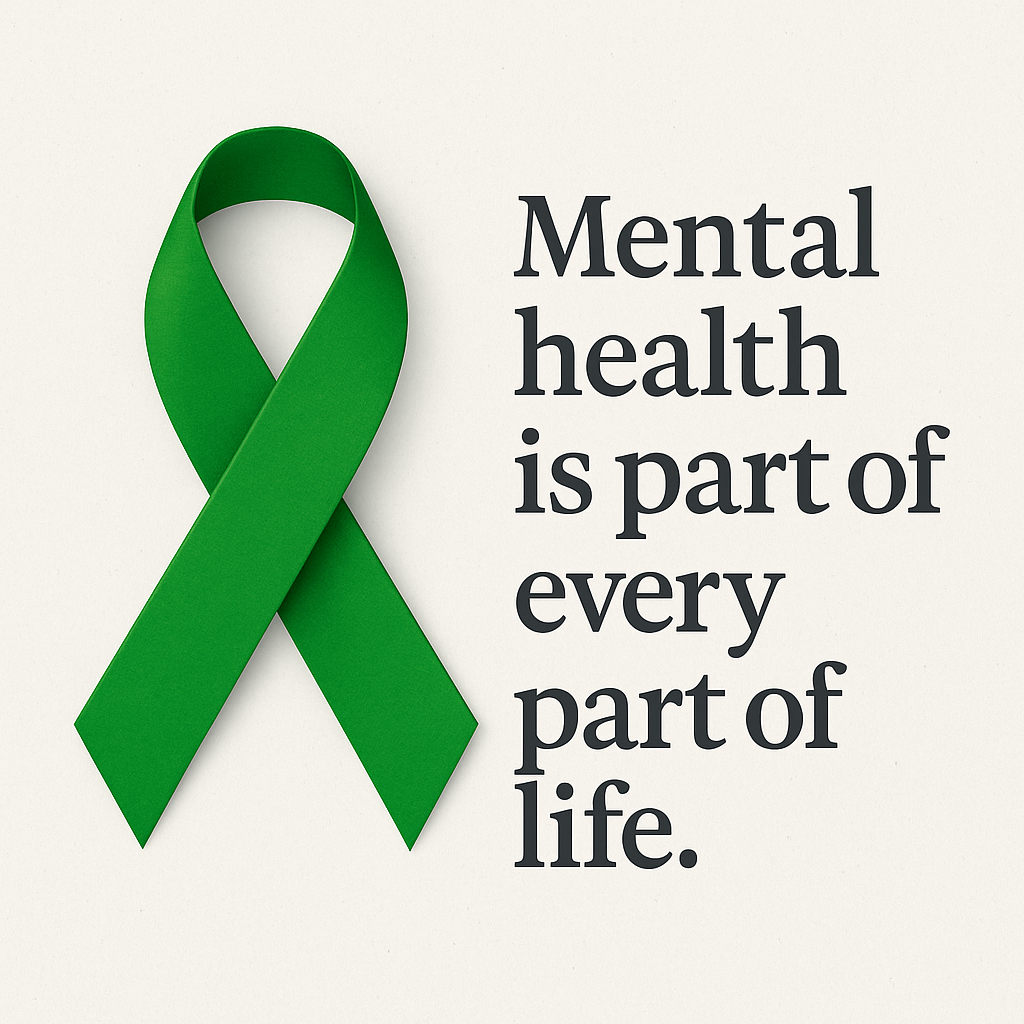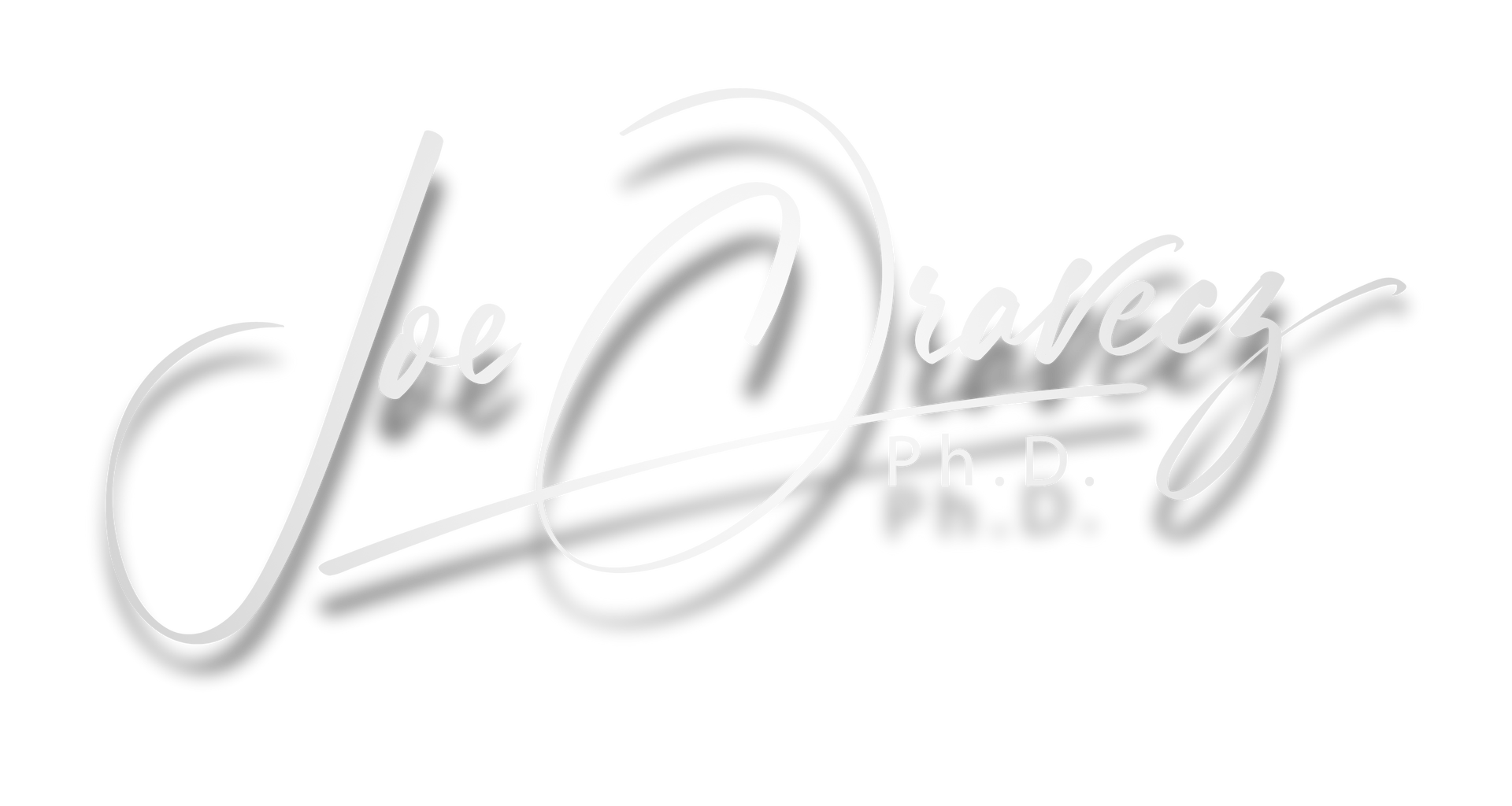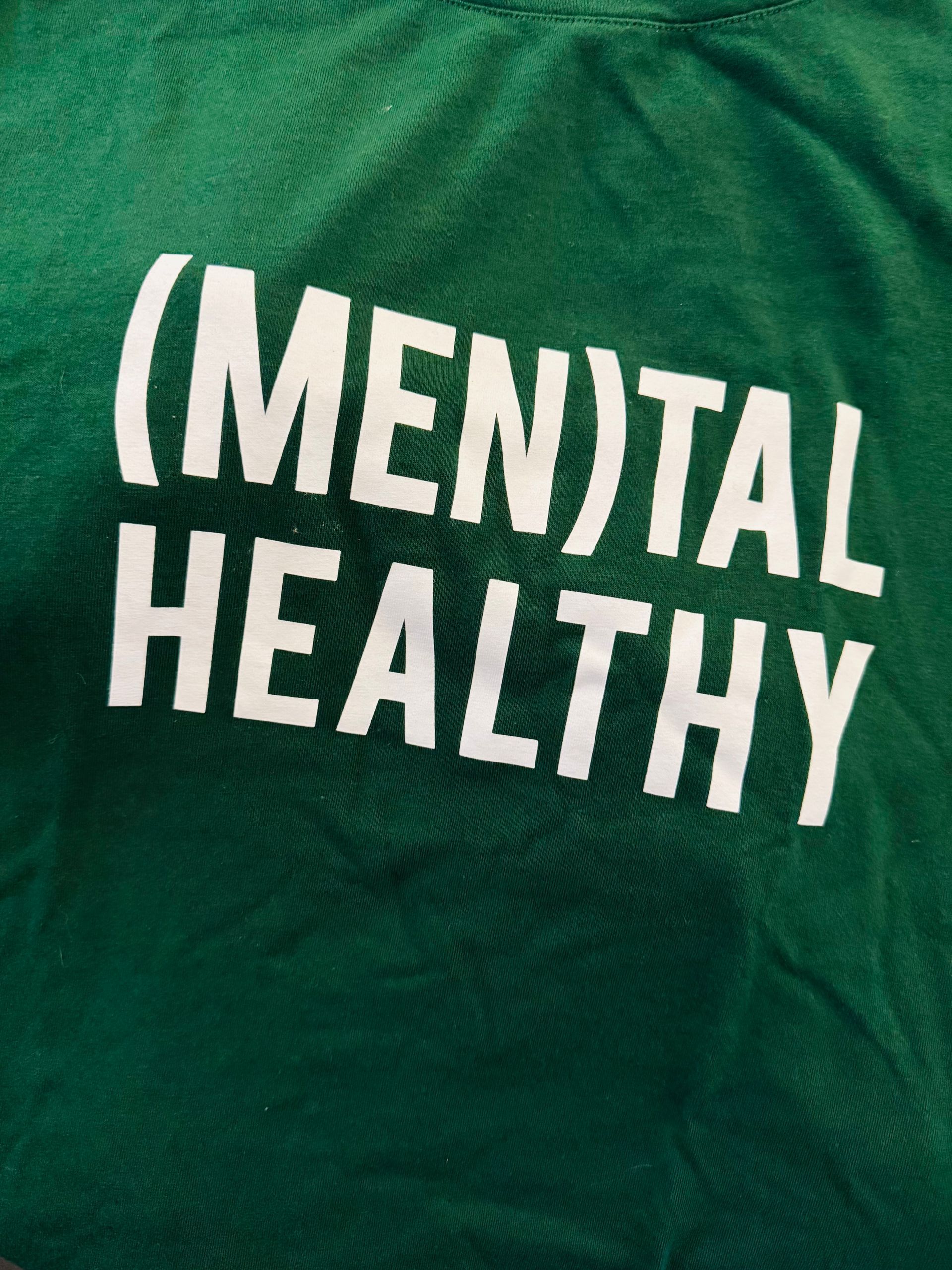This Isn’t a Trend. It’s a Turning Point.

It’s May. Mental Health Awareness Month.
And I’m not here to whisper.
I’m here to drop the mic—because if we keep treating mental health like a sidebar instead of the bottom line, we will lose our people, our culture, and ourselves.
Here’s what I know: I’m the CEO of a mental health organization. A former VP in higher education. A speaker. A coach. A survivor. A single parent. A musician. A Spartan racer. A human being who’s crawled under barbed wire literally—and metaphorically.
I’ve seen the impact of silence in boardrooms. I’ve watched leaders burn out with smiles on their faces. I’ve sat with families who didn’t get to say goodbye. I’ve carried the weight. I’ve lived the statistics.
So, no—I’m not just passionate about mental health. I’m a walking, talking call to action.
Mental health isn’t the soft stuff. It’s the core stuff.
It’s not a campaign. It’s a commitment.
Not a policy. A practice.
Not a week. A way of leading.
And if you’re a leader reading this, know this: you don’t get to outsource empathy. Culture cascades.
You either walk the talk—or you build a place where people don’t walk in at all.
So this May, don’t post the ribbon and call it done.
Don’t host the lunch-and-learn and check the box.
Start with yourself. Model the pause.
Talk about therapy like you talk about your workouts.
Redefine what strength actually looks like.
Because the bravest thing you can do isn’t carry it all.
It’s to put it down in front of others—and show them how.
Let me leave you with this thought worth carrying into every room you lead:
"If your leadership doesn’t make space for mental health, it’s not leadership. It’s performance. And people can feel the difference."
May we stop performing.
May we start transforming.
May is Mental Health Awareness Month. And I’m not done.
Let’s go.










